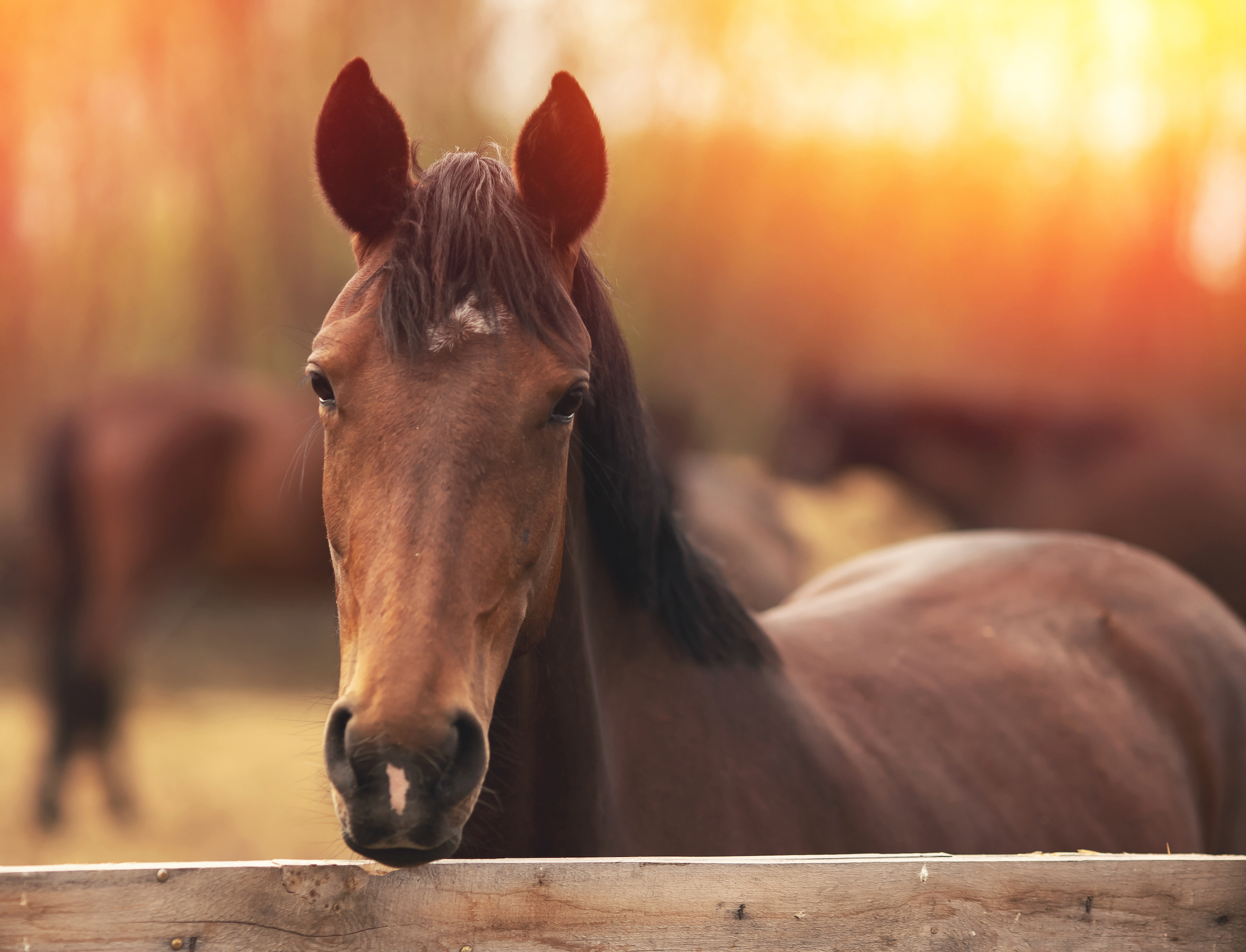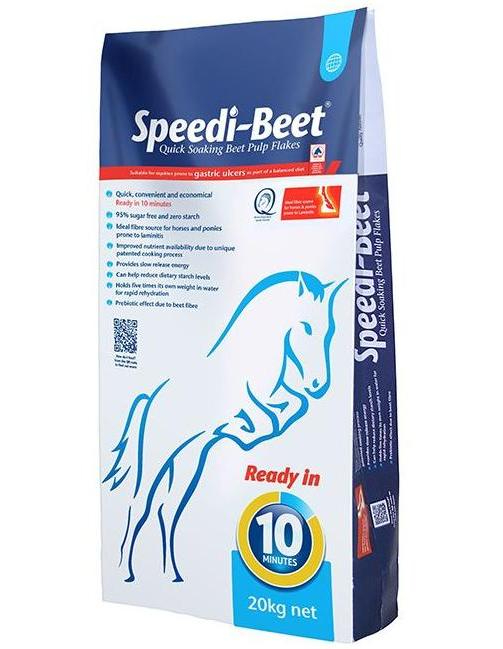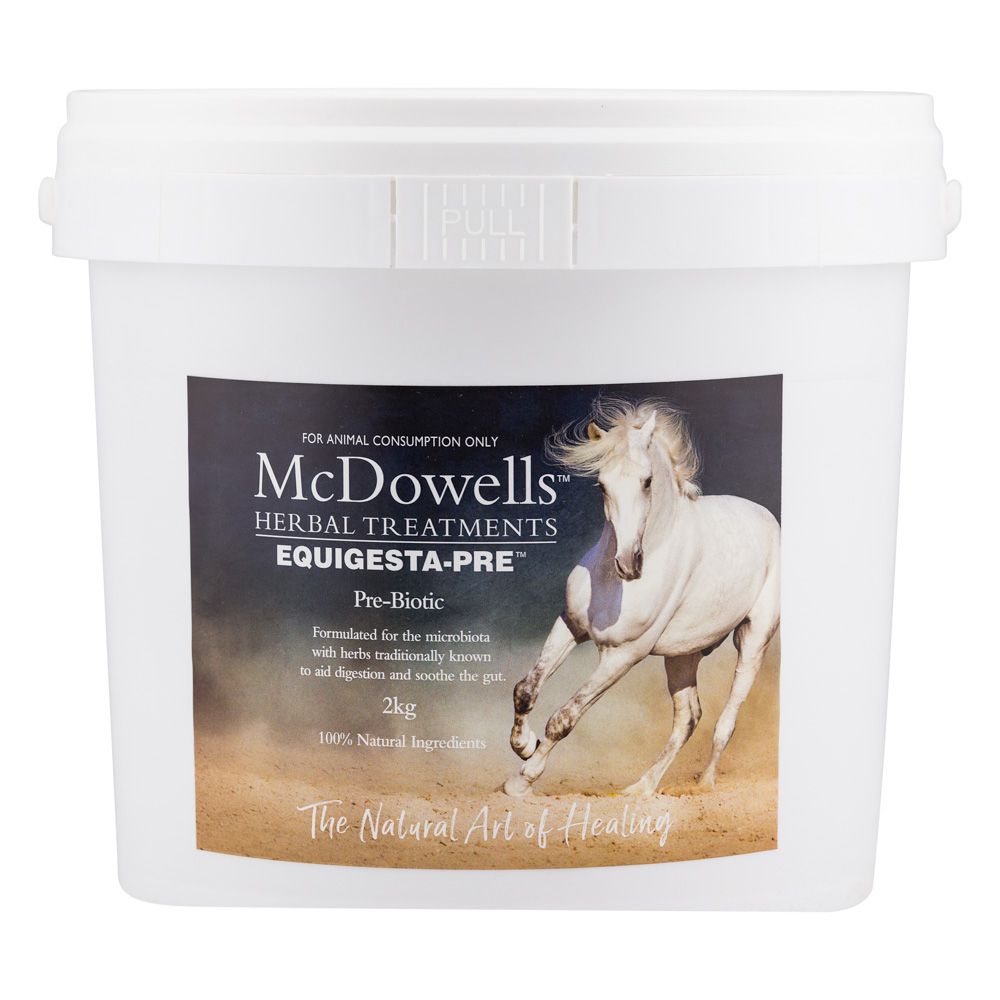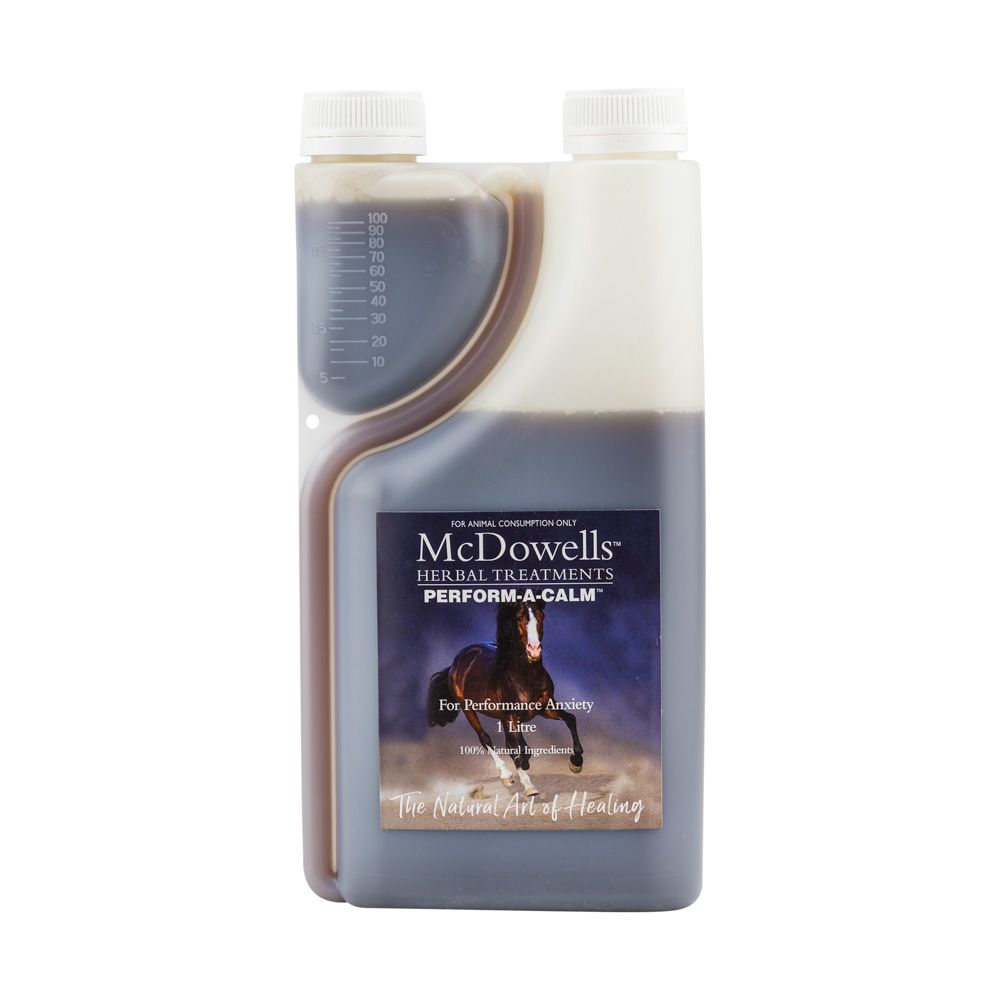'Turned out' or paddocked horses are seen as a more natural way of living. There's advantages and disadvantages for stabling horses or having horses living outdoors. The choice depends on various factors - their health, safety, climate, and age, as well as the availability of facilities or space...

Overall, keeping a horse outdoors is beneficial for their physical and mental health, as well as reducing the risk of certain health issues. However, it's important to ensure that they have access to shelter, water, and other necessities to keep them safe and healthy in outdoor environments.
Stabling horses can provide a safe and comfortable environment for them to live in. However, it is important to note that stabling should be balanced with opportunities for exercise and time spent outdoors, as horses are naturally active and social animals.
Keeping a horse outdoors has several benefits, including:
- Natural Environment: Horses are natural grazers and outdoor environments allow them to roam and graze freely. It provides an opportunity for the horse to interact with other horses and be in their natural environment.
- Exercise: When horses are kept outdoors, they have more space to move around, which allows for regular exercise. This can improve their overall fitness and health.
- Mental Well-being: Being outdoors provides horses with mental stimulation, which is important for their overall well-being. Horses can explore, interact with their surroundings, and have a sense of freedom that they may not have when kept indoors.
- Reduced Risk of Respiratory Issues: Stabled horses are more susceptible to respiratory issues such as dust and ammonia exposure, whereas horses kept outdoors have better air quality and reduced risk of respiratory issues.
- Cost-Effective: Keeping a horse outdoors is often more cost-effective than keeping them stabled. It requires less maintenance, and the horse can obtain most of its food by grazing on grass.
Stabling horses can provide these benefits:
- A more secure shelter: a safe and secure shelter from harsher weather conditions.
- Protection from insects and pests like flies, mosquitoes, and other pests that can cause irritation and disease.
- Reduced risk of injury: By keeping horses in a stable, you can minimize the risk of injury that may occur if they were left out in open pastures.
- Easy monitoring of horses' behaviour, health, and well-being. This makes it easier to detect any signs of illness or injury early on and to provide appropriate care.
- It becomes easier to catch and handle them, making it simpler to administer medical treatments or perform necessary grooming and maintenance.
Common problems for stabled horses;
- Stomach and digestive issues in stabled horses can be a common problem, as they spend more time in a confined space and have less access to grazing and natural forage. Potential gut issues that stabled horses may experience include colic, gastric ulcers, hindgut acidosis and impaction (when food material becomes compacted in the digestive tract).
- Stabled horses may be at risk of respiratory issues due to their living environment. When horses are confined in a stable, they are exposed to high levels of dust, ammonia, and other airborne particles that can irritate their respiratory system. This includes heaves, Inflammatory Airway Disease (IAD) and equine asthma.
For some horses a combination of both stabling and living out works well. This allows horses to enjoy the benefits of both while minimising the drawbacks. For example, stabling at night and turnout during the day can be a good compromise for horses that need protection from the weather or have special dietary needs but also benefit from exercise and socialisation. The decision of whether to stable or turnout a horse should be based on the horse's individual needs and the conditions of the environment where it is kept.





